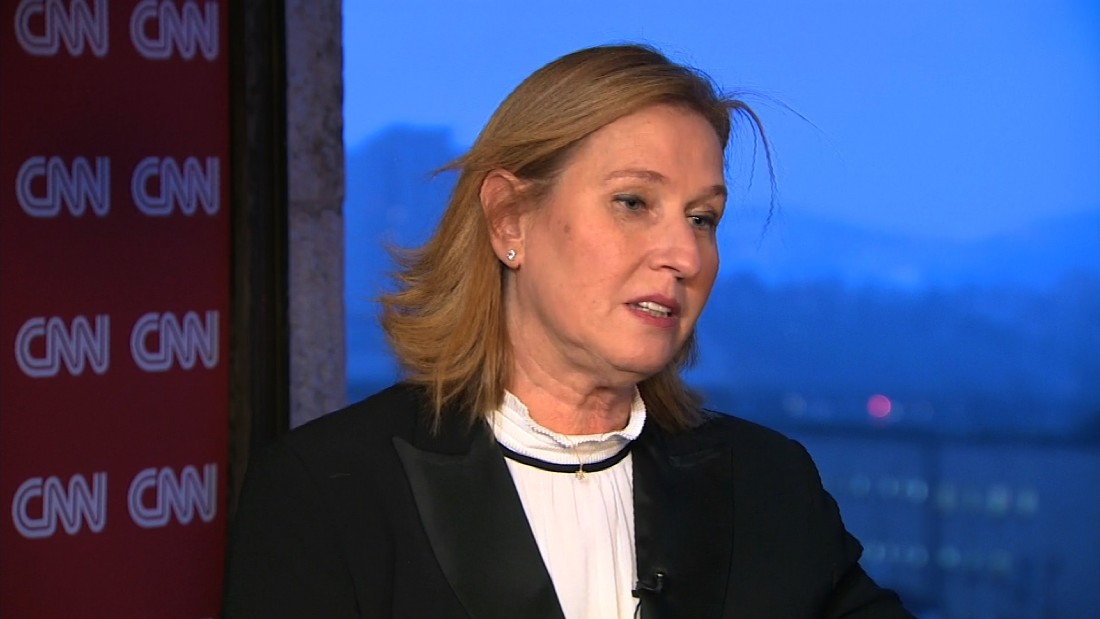OPEC agrees to cut oil output by 1.2 million barrels per day, despite US pressure

OPEC and its partner countries have agreed to cut oil output by a combined 1.2 million barrels per day (bpd), Iraq's oil minister said, despite pressure from the United States to reduce the price of crude.
"We'll cut 1.2 million bpd total," Thamer Abbas al-Ghadhban told reporters after a meeting of the international organisation in Vienna, as reported by AFP news agency.
Al-Ghadhban said the amount – equivalent to just over one percent of global oil production – would comprise an 800,000 bpd reduction distributed between the 14 members of OPEC and 400,000 by non-cartel partners, including Russia.
READ MORE ►
OPEC summit: Saudi Arabia between a rock and a hard place after Qatar's exit
The cut will be based on October oil output levels and will be subject to review in April, a spokesman for the Vienna meeting, Tafal al-Nasr, told AFP.
OPEC and its partners, which together account for around half of global output, say a glut in the market has led to oil prices falling by more than 30 percent in two months.
The announcement on Friday caused oil prices to jump by about 5 percent to more than $63 a barrel at 3pm GMT, as the combined cut was larger than the minimum one million bpd that the market had expected.
Saudi Arabia, OPEC's de facto leader, has faced demands from US President Donald Trump to help the global economy by refraining from cutting oil supplies.
An output reduction would provide support to Iran – OPEC's third-largest producer – by increasing the price of oil amid attempts by Washington to squeeze the country's economy.
The Trump administration reimposed wide-reaching economic sanctions on Iran's critical oil industry in November, as well as other sectors of the Iranian economy, including major banks and shipping operations.
Trump has said he hoped to gradually impose sanctions on Iran's oil industry, however, in order to avoid a sharp increase in global prices.
"President Trump will not be happy to see todays headlines, but how strongly he reacts depends mainly on whether crude prices rise strongly as a result in coming days and weeks," Bob McNally, president of US-based Rapidan Energy Group, told Reuters news agency.
Saudi Energy Minister Khalid al-Fahli (left) met US special representative for Iran Brian Hook ahead of the OPEC meeting, drawing criticism from Iran (Reuters)
The US faced criticism for appearing to try to influence the outcome of the OPEC meeting, as US special representative for Iran Brian Hook met Saudi Energy Minister Khalid al-Falih in Vienna earlier this week.
The Saudis at first denied that the meeting, an unprecedented development ahead of an OPEC summit, ever took place. Washington then confirmed that Hook, a senior policy adviser to US Secretary of State Mike Pompeo, met with Falih.
Iran's oil minister, Bijan Zanganeh, denounced the meeting, accusing Hook of adopting "an unprofessional, naive and meddlesome approach".
"OPEC is an independent organisation and is not part of the US Department of Energy to take orders from Washington," Zanganeh told Iranian oil ministry news website SHANA, as reported by Reuters.
[contf]
[contfnew]

middle east eye
[contfnewc]
[contfnewc]





